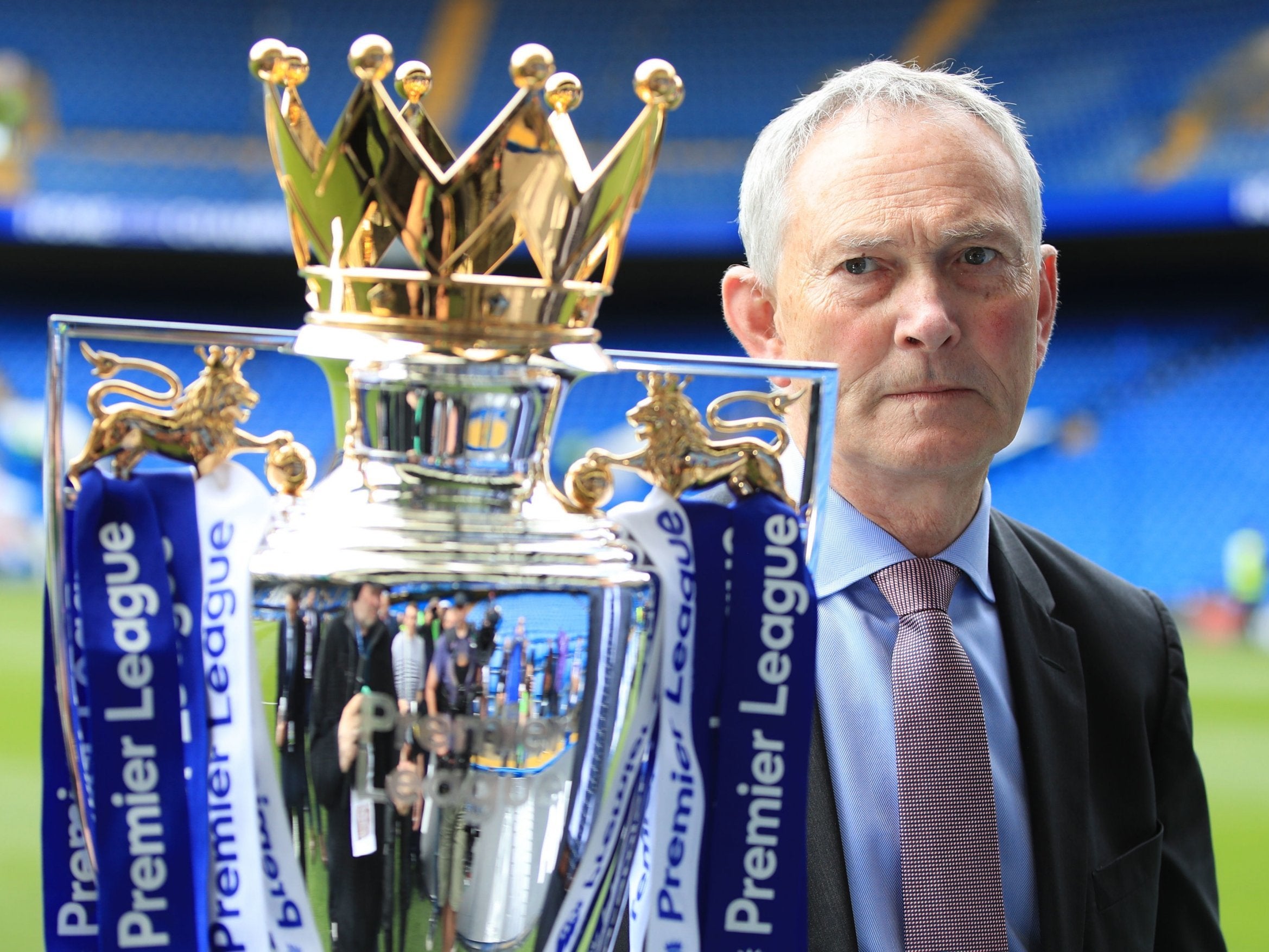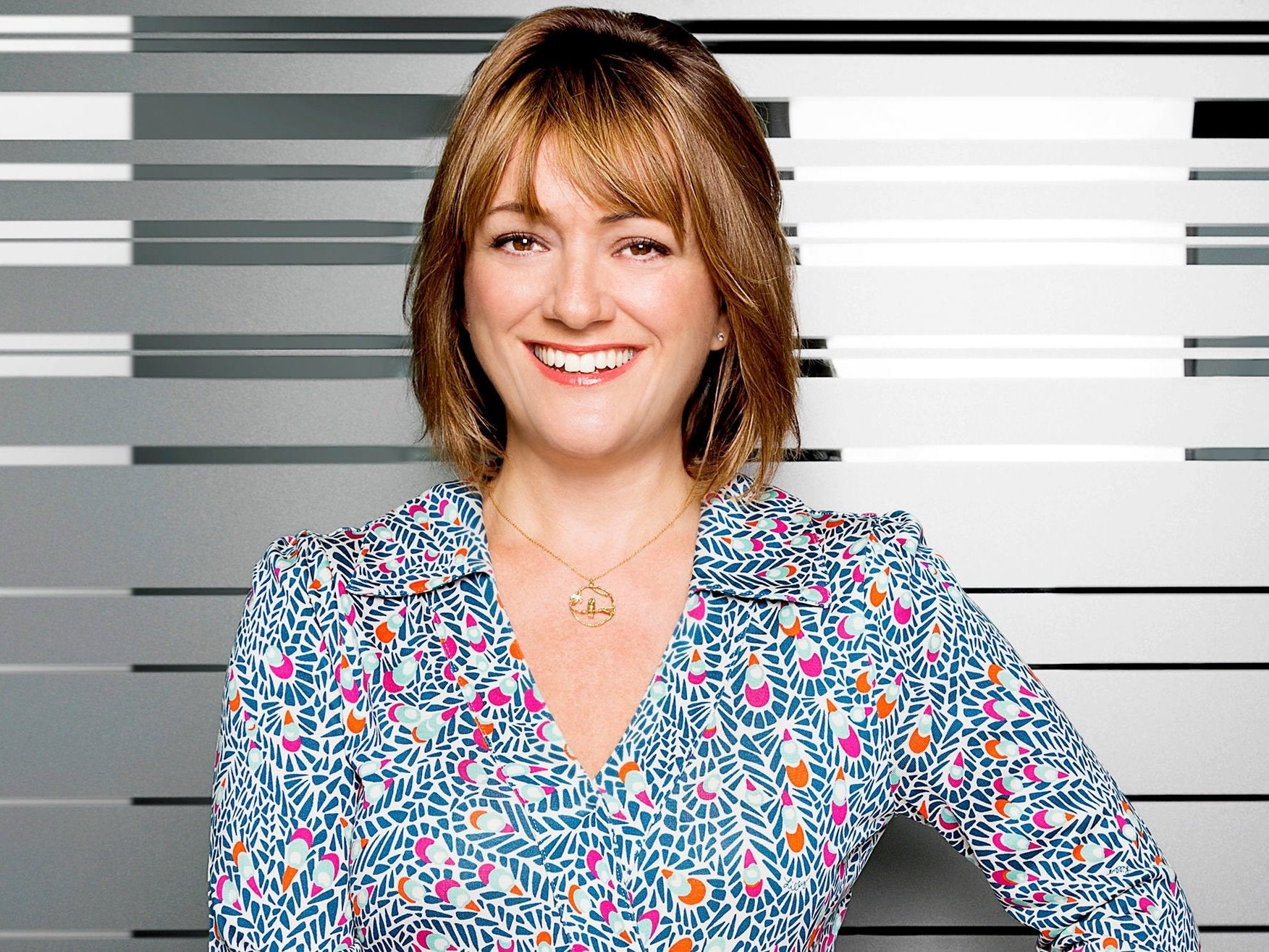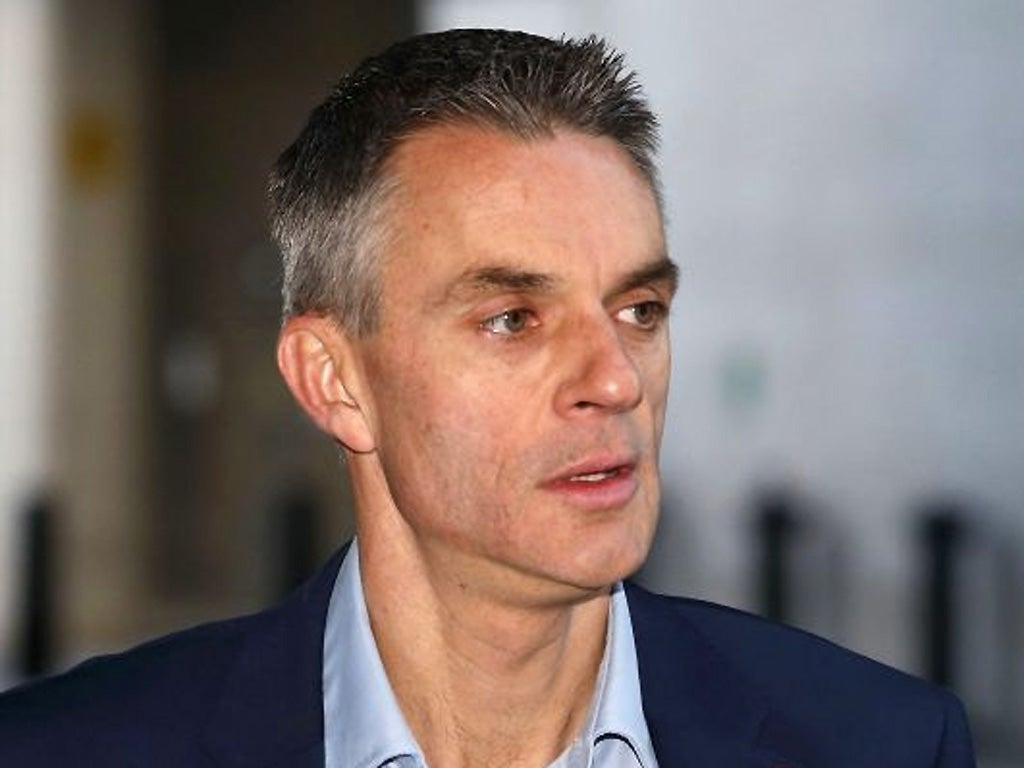How the Premier League is still struggling to fill one of sport’s most prestigious positions
Two candidates have turned down the offer of succeeding Richard Scudamore as chief executive, and the Premier League are really no closer to filling the position

Your support helps us to tell the story
From reproductive rights to climate change to Big Tech, The Independent is on the ground when the story is developing. Whether it's investigating the financials of Elon Musk's pro-Trump PAC or producing our latest documentary, 'The A Word', which shines a light on the American women fighting for reproductive rights, we know how important it is to parse out the facts from the messaging.
At such a critical moment in US history, we need reporters on the ground. Your donation allows us to keep sending journalists to speak to both sides of the story.
The Independent is trusted by Americans across the entire political spectrum. And unlike many other quality news outlets, we choose not to lock Americans out of our reporting and analysis with paywalls. We believe quality journalism should be available to everyone, paid for by those who can afford it.
Your support makes all the difference.Amid all the excitement about how exactly this Premier League season will end, there is one more puzzling question rumbling along underneath that could start to be far more relevant to all the seasons to come.
How is it that one of the top sports competitions in the world is so struggling to hire someone for one of the most prestigious sporting positions in the world?
The Premier League has so far seen Animal Planet’s Susanna Dinnage and the BBC’s Tim Davie turn down the job of succeeding Richard Scudamore as chief executive, and are really no closer to filling the position.
Some estimates have it that individuals on broadcasting salaries of around £500,000 to £1m a year are uninterested in a salary more than double those, at a reported £2.5m a year.
That is on one level curious, and on another level a damning indictment.
One commonly cited view is that many saw Scudamore as so influential, and so associated with the role, that it will be a “poisoned chalice” for whoever immediately succeeds him. A deeper reason might be that is not about the power of Scudamore, but instead the power of those he effectively mediated between: the owners.
One of the outgoing CEO’s pieces of genius insight in his two decades in the job was to effectively limit the position to one as a TV rights salesman. The strategies required for that would inevitably condition improvement in the league, while helping to mediate between the various interests of the various owners.
The problem now is that has brought the Premier League to such a height that it may be very difficult to keep it as it is. Its current position certainly faces a number of challenges, many from outside, but the biggest are within and largely from the wealth and influence its growth has helped create.

The Premier League has to deal with the effects of Brexit, changes to how media is consumed, changes to international sport but - most of all - potential changes wanted by the biggest clubs.
News of Scudamore’s departure was one of the biggest news stories for the competition in 2018 but just as influential might be what immediately preceded it: the arguments of the ‘big six’ resulting in a change to how income from international rights are distributed, and for the first time since 1992 a change to the Founder Members Agreement - the document that has governed the Premier League since its start.
This may well be a sign of things to come. This may well be the issue with hiring Scudamore’s successor.
The major owners have more power than at any time since the 1992 split, and the growing worry is the bubble might burst, because there are more unknowns for the Premier League than at any point since 1992.

Scudamore redefined the position so that figures from the broadcasting world represent obvious successors, but one individual who has worked at the top of the industry - and been involved in the negotiation of rights - warned of this.
“Power is the problem,” the figure told the Independent off the record. “I would put that as my number-one answer.
“You can be the CEO, but who is really the boss in these organisations? Who holds the control?
“TV executives I know just won’t play that game of being the puppet.”
Or, as much as a puppet, the increasingly stressed point of contact at the centre of so many different interests.
The big question is whether the 2018 change to international rights distribution will satiate the owners of the Big Six or, as feels more likely, just embolden them in the pursuit of the wealth they feel their clubs are the ones to really generate.
Great detail of this is given in the excellent book on the growth of the Premier League, ‘The Club’ by Jon Clegg and Joshua Robinson - as is the concern of one owner: that the big six will eventually join a big European super league.

“They threaten it all the time: ‘We’re going to break away’,” the figure is quoted in the book. “Sometimes they vaguely hint at it, sometimes they outwardly threaten it. But every time they want more money, it’s ‘Well, we’ll just go and play the big European teams.’”
Little wonder some figures so successful in their current roles are so reticent of such a challenge.
There is more wonder from some connected sources, however, as to why the Premier League are not as visionary as they have been in the past: why they don’t go for a digital mastermind; why they don’t go for someone ahead of the curve of forthcoming changes, rather than someone previously successful in modes of consuming sport that are becoming gradually - if slowly - obsolete?
“TV executives make sense but the way the world is changing today with digital players may change that,” one source says. “Look at the growth of someone like mycujoo [an over-the-top media service], who look after all the grassroots across the globe with Fifa. I think the Premier League have a big challenge on their hands in future years and any CEO will want their vision to be the drive of the business.”
The question then, however, returns to who actually wants to be that CEO.
Join our commenting forum
Join thought-provoking conversations, follow other Independent readers and see their replies
Comments